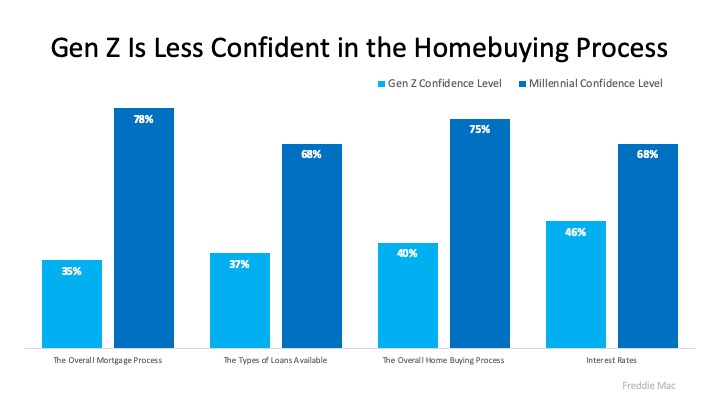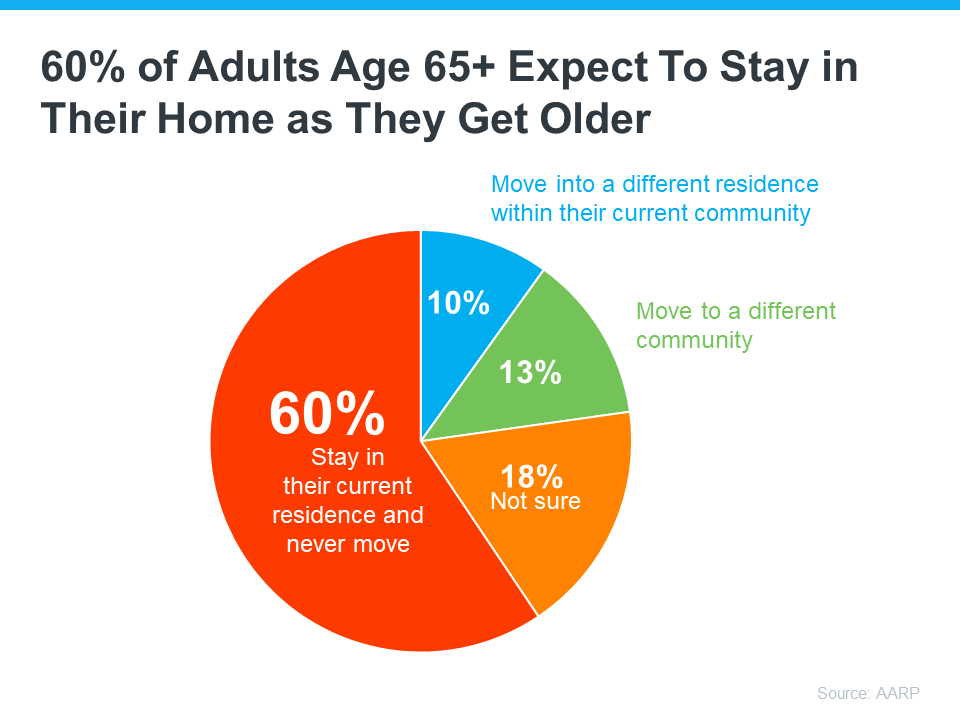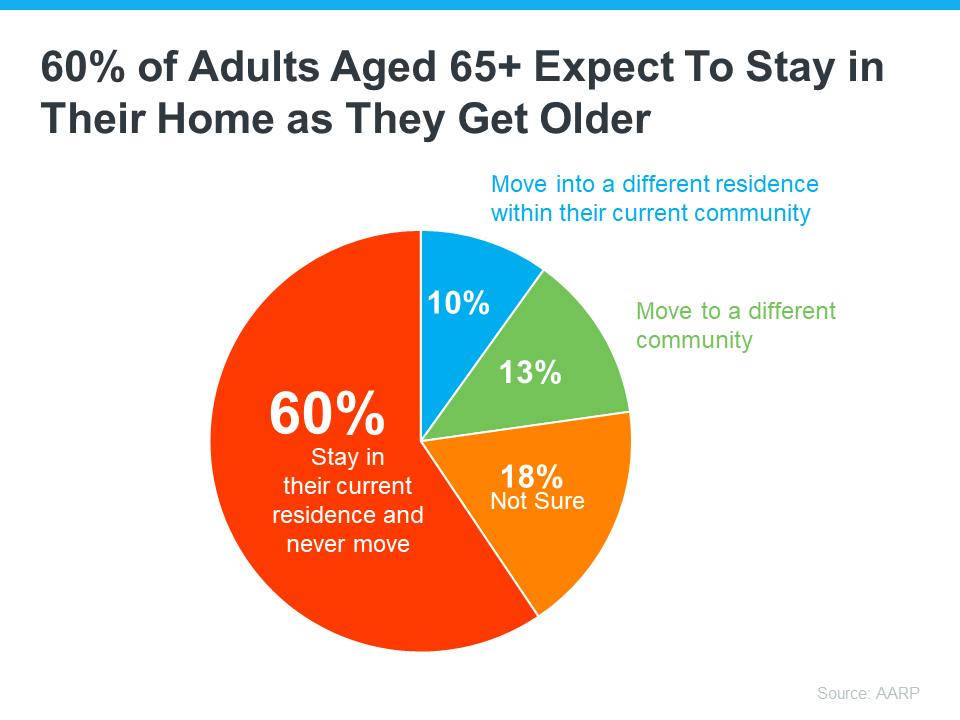

Demographics
How Trusted Professionals Make Homebuying Easier to Understand
Baby Boomers
Boomers Moving Will Be More Like a Gentle Tide Than a Tsunami
Demographics
The Benefits of Downsizing When You Retire
Demographics
Will a Silver Tsunami Change the 2024 Housing Market?
-

 Buying Tips4 weeks ago
Buying Tips4 weeks agoYou May Not Want To Skip Over That House That’s Been Sitting on the Market
-

 Downsize3 weeks ago
Downsize3 weeks agoWhy So Many Homeowners Are Downsizing Right Now
-

 Affordability2 weeks ago
Affordability2 weeks agoIt’s Getting More Affordable To Buy a Home
-

 First-Time Buyers3 weeks ago
First-Time Buyers3 weeks agoTop 2026 Housing Markets for Buyers and Sellers
-

 Buying Tips3 weeks ago
Buying Tips3 weeks agoHome Insurance Costs Are Rising: What Buyers Should Plan For
-

 Buying Tips2 weeks ago
Buying Tips2 weeks agoTop 3 Reasons To Buy a Home Before Spring
-

 Affordability2 weeks ago
Affordability2 weeks agoWhy Townhomes Are Popular with Today’s First-Time Buyers
-

 Equity1 week ago
Equity1 week agoFour Ways Your Home Equity Can Work for You















You must be logged in to post a comment Login